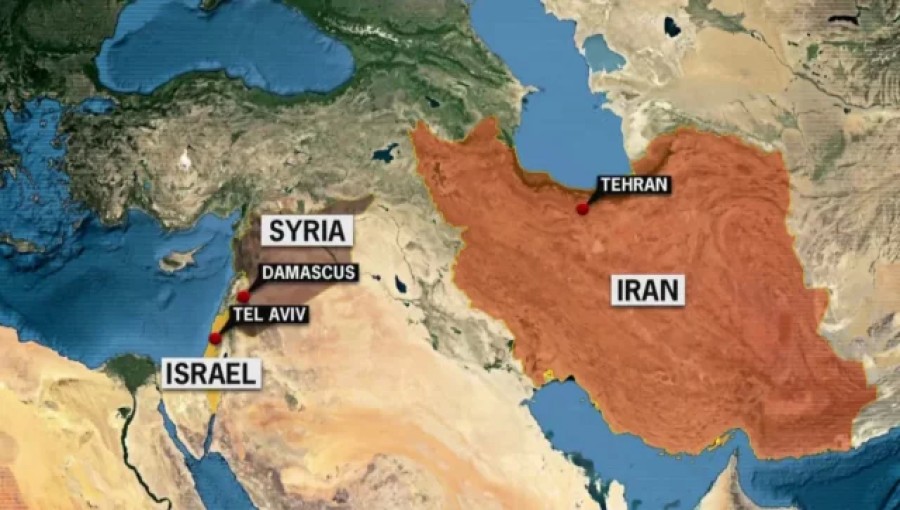In the latest development of the longstanding rivalry between Iran and Israel, tensions appear to have eased following a direct confrontation between the two nations. The exchange of attacks marks a significant escalation in the already volatile situation in the Middle East.
The recent clash began with an unprecedented attack by Iran on Israeli soil, targeting strategic locations in retaliation for perceived provocations by Tel Aviv. While Israel has yet to officially acknowledge its involvement in the attack, American officials have cited missile strikes as the method employed.
However, conflicting accounts of the incident persist, with Iranian officials claiming that the attacks were carried out using small drones and resulted in no casualties or significant damage. Despite the lack of clarity surrounding the nature and extent of the attacks, the West views them as a warning to Israel.
Analysts believe that Israel's apparent targeting of key Iranian assets in Isfahan province, including the Natanz nuclear power plant, was aimed at sending a message of deterrence to Tehran. By demonstrating its intelligence-gathering capabilities and willingness to strike at the heart of Iran's infrastructure, Israel sought to assert its strength and resilience.
In response, Iran has remained relatively quiet, refraining from direct retaliation and instead focusing on strategic planning for potential future attacks. While Iranian President Ibrahim Raisi did not explicitly mention the recent confrontation in his Friday speech, he welcomed the attack on Israeli soil as a necessary measure to defend Iran's interests.
The exchange of hostilities underscores the ongoing tensions between the two nations, which have been exacerbated by Israel's targeting of Iranian assets in Syria and Lebanon in recent months. Despite efforts to de-escalate the situation, both parties remain vigilant, aware that further provocations could reignite conflict in the region.
As the Middle East continues to grapple with instability and violence, the recent confrontation between Iran and Israel serves as a stark reminder of the potential for further escalation. While a temporary lull in hostilities may offer some relief, the underlying tensions persist, threatening to erupt into full-scale conflict at any moment.





























Comment: